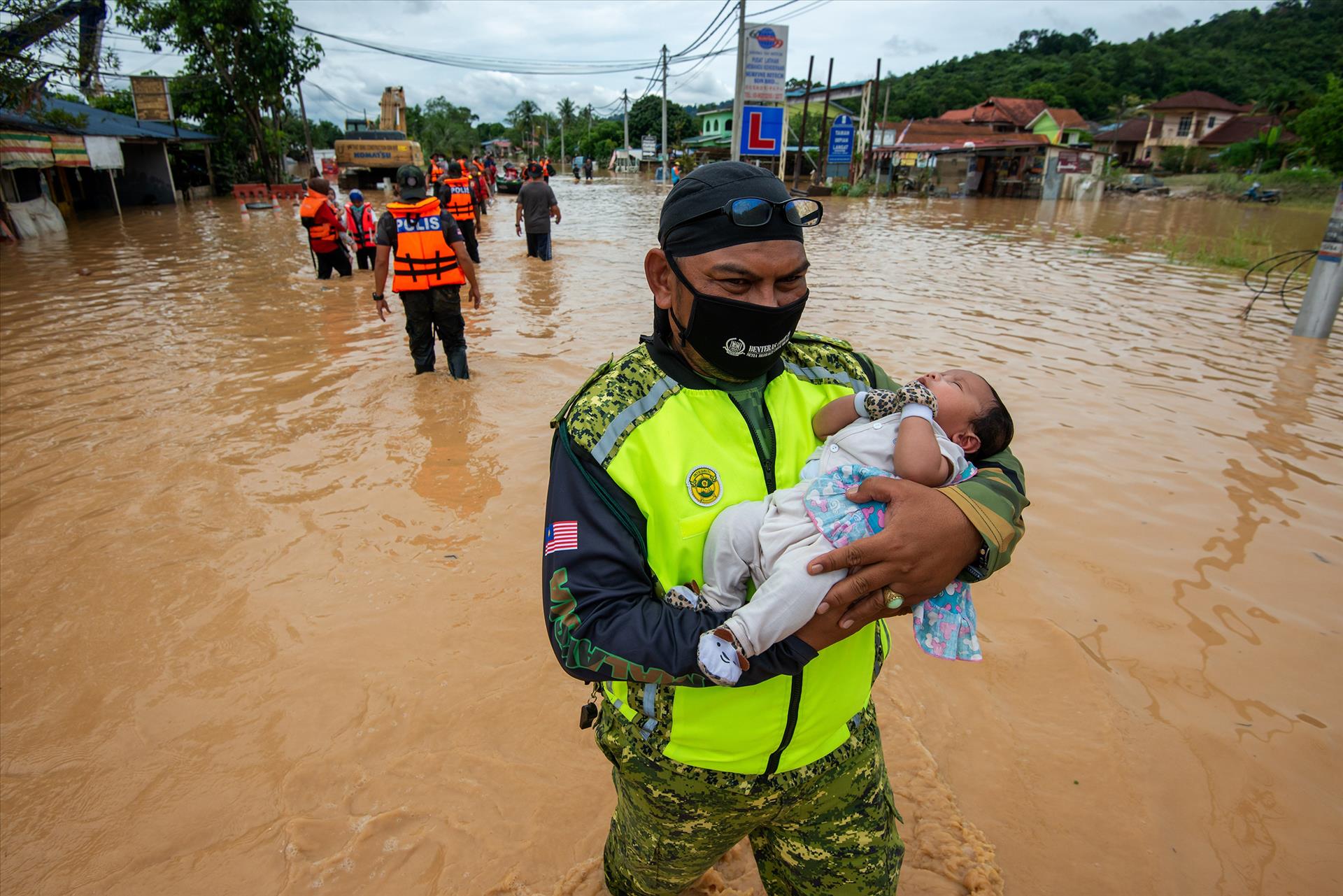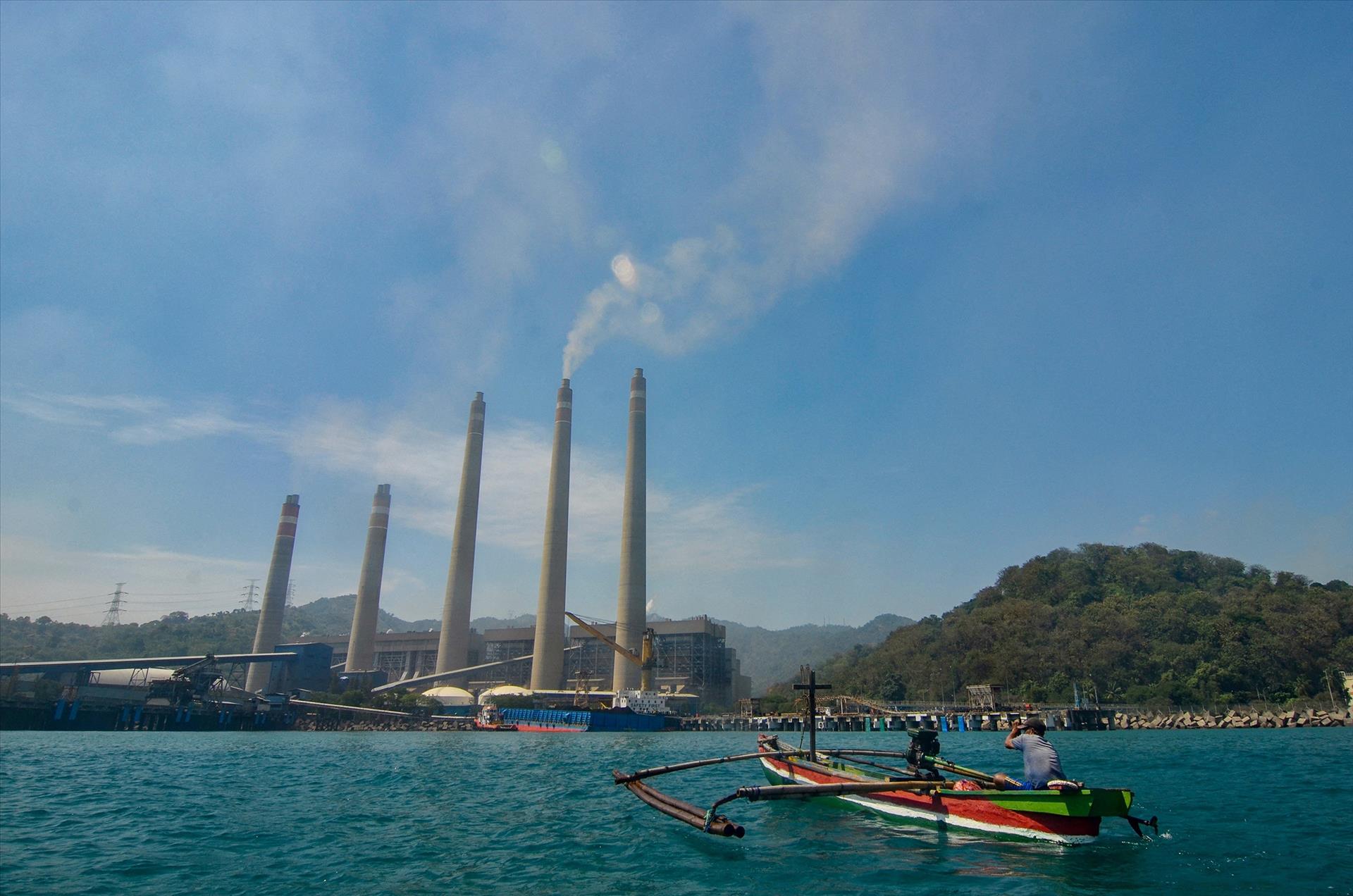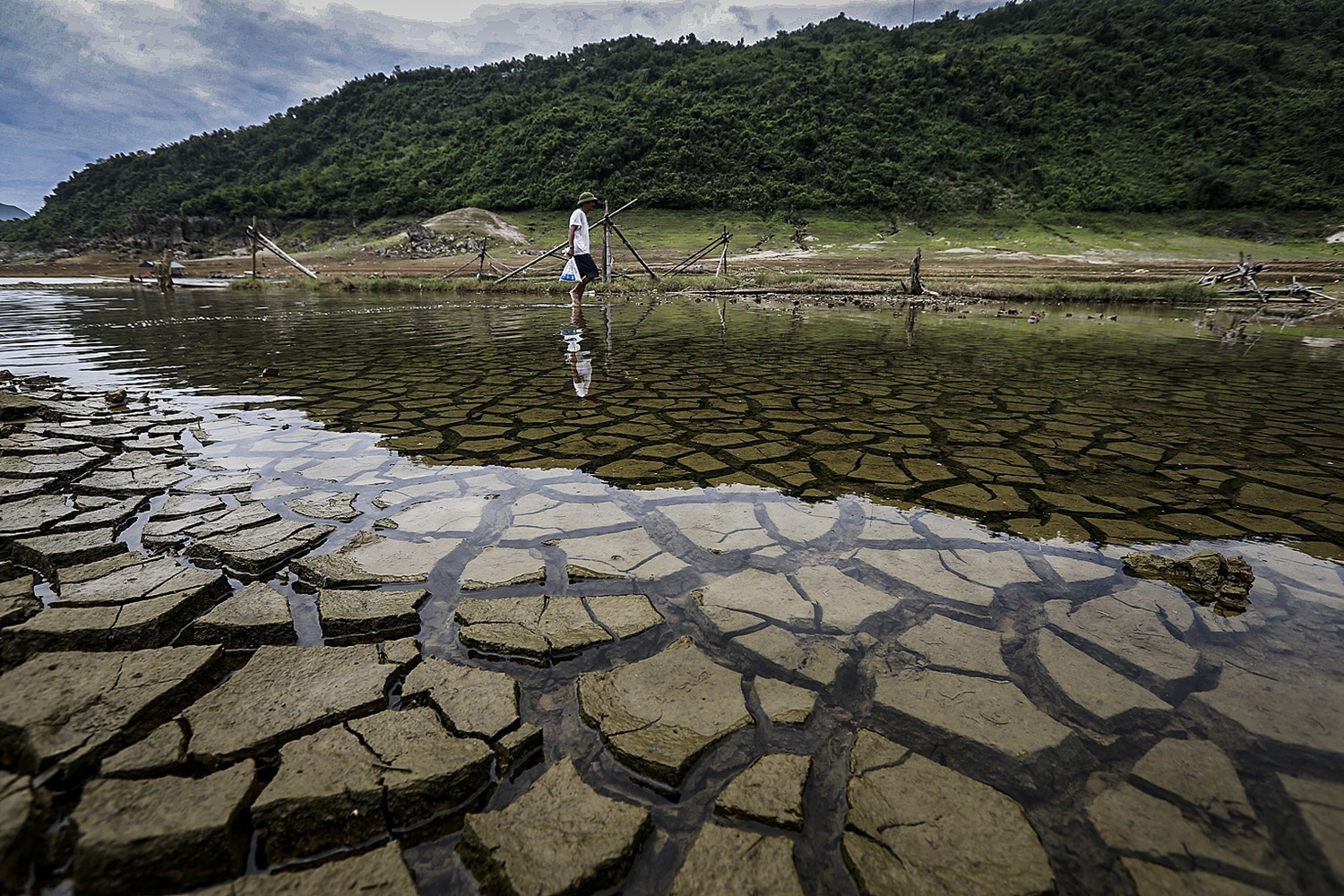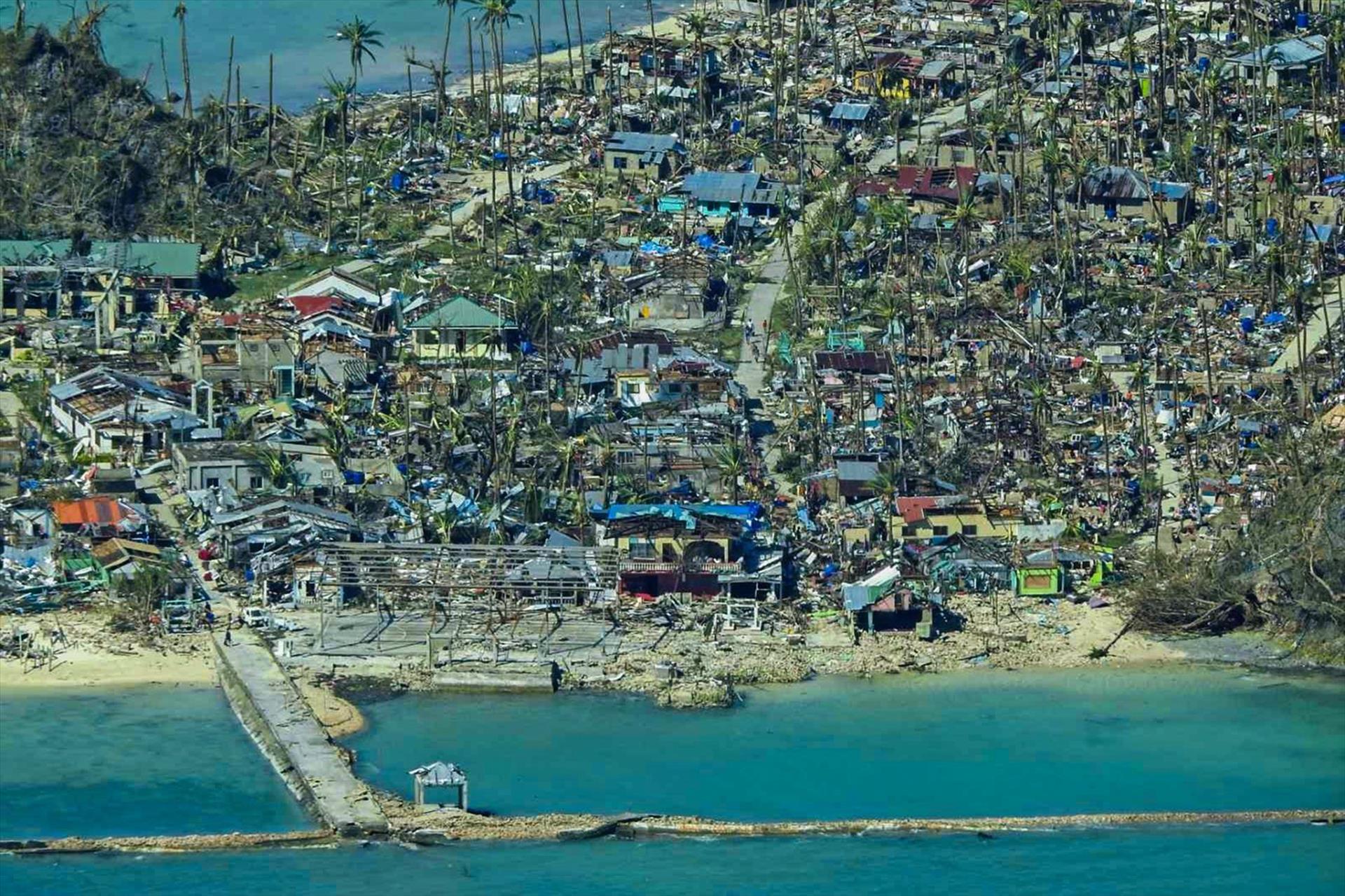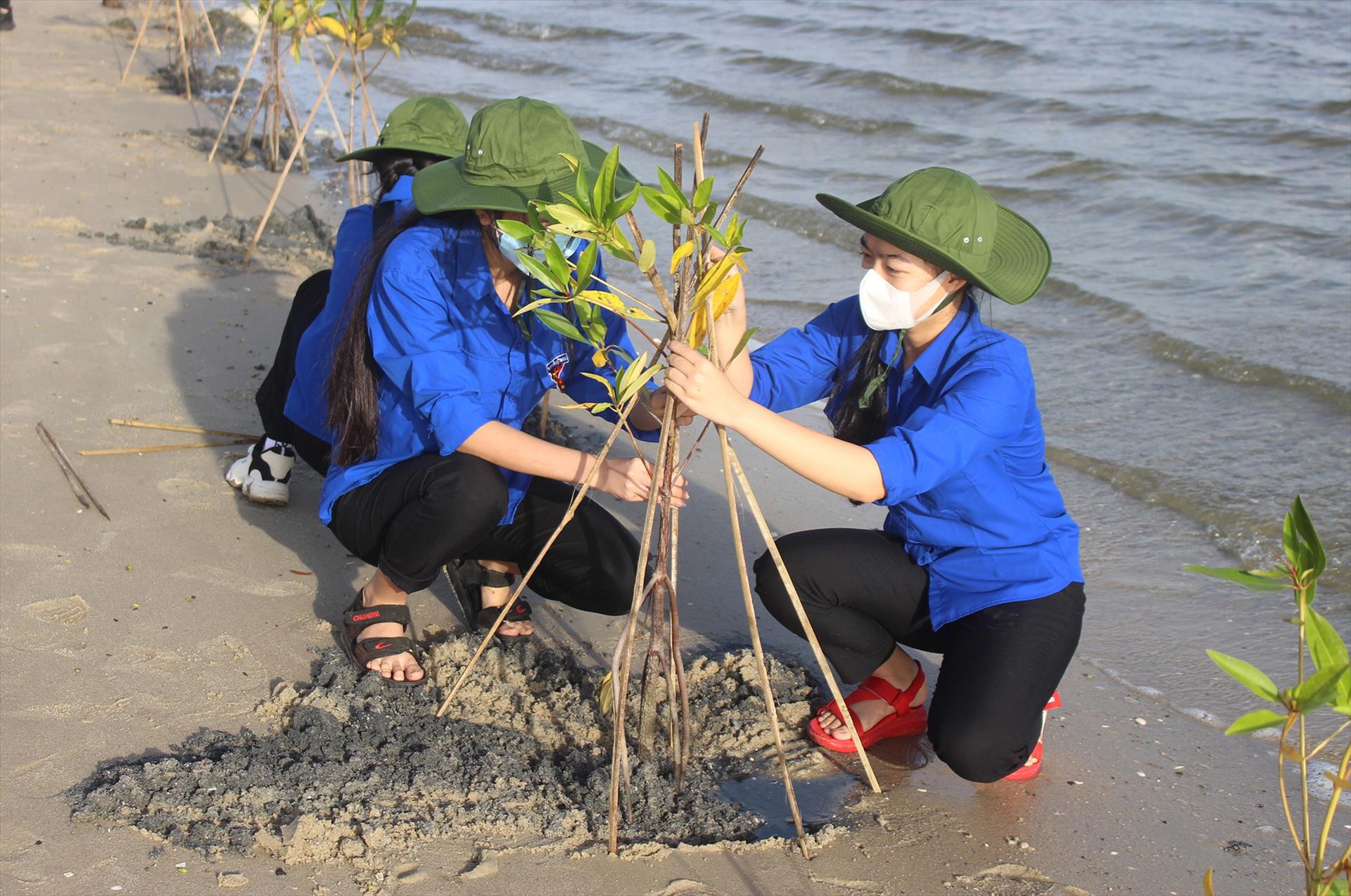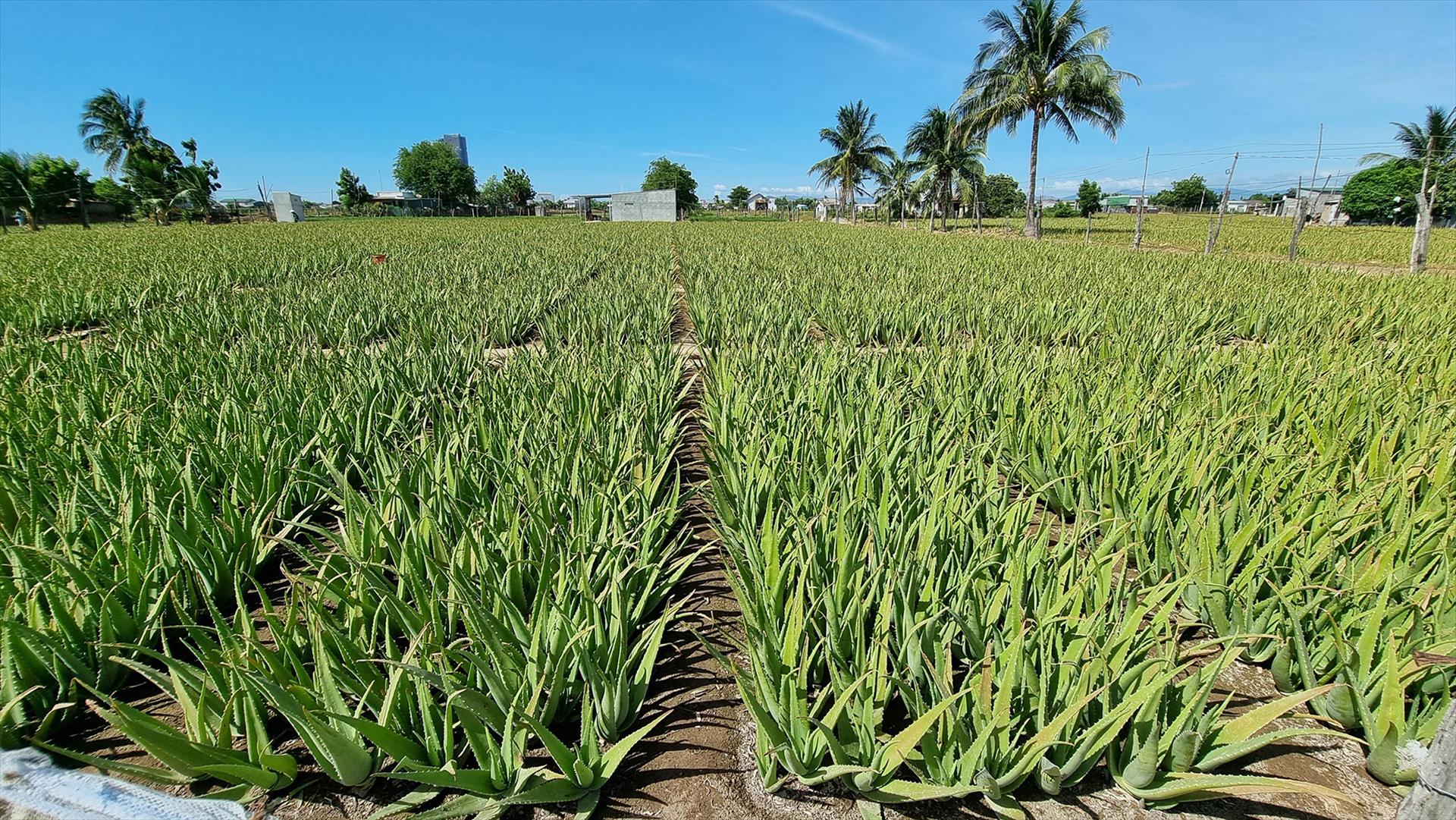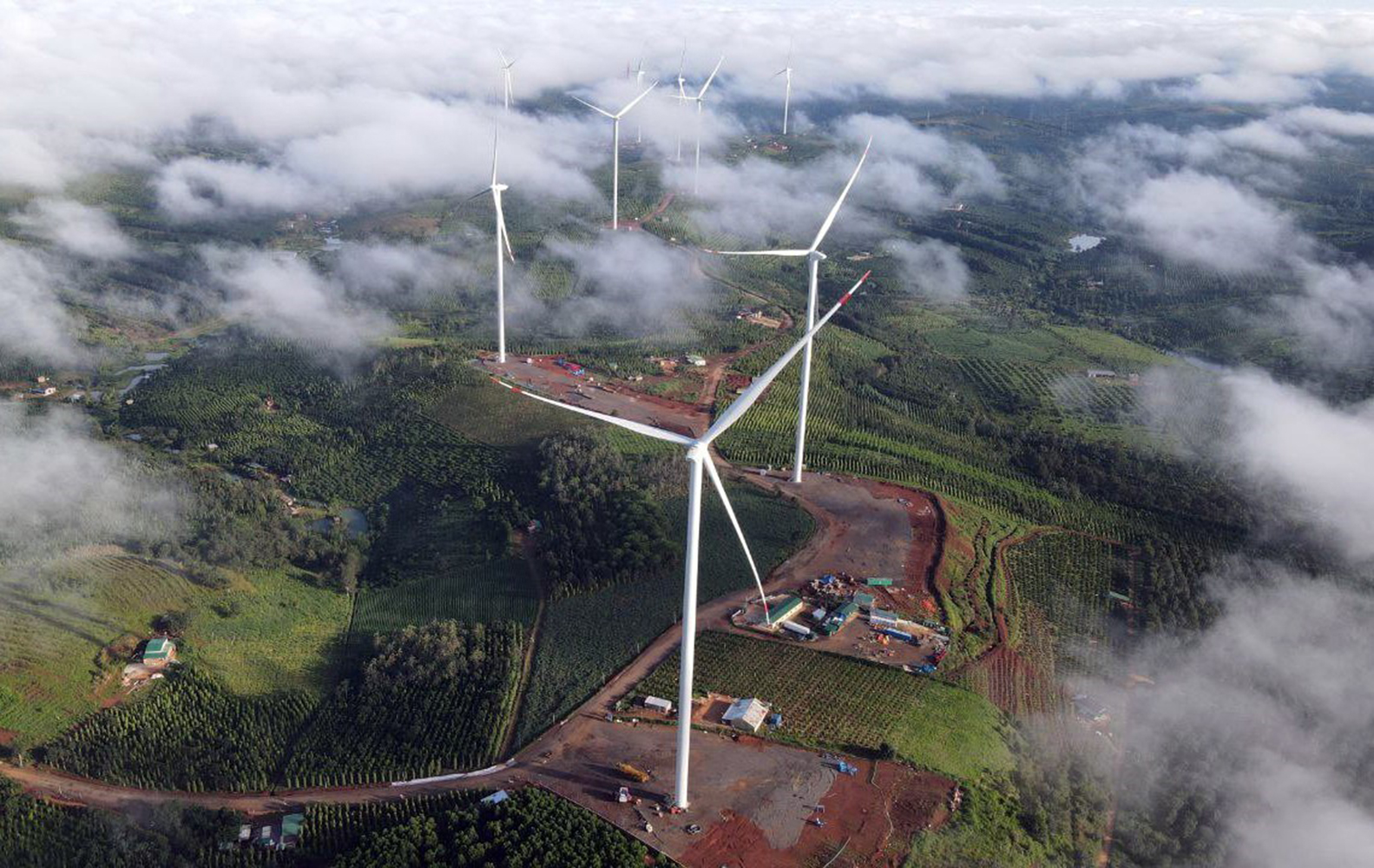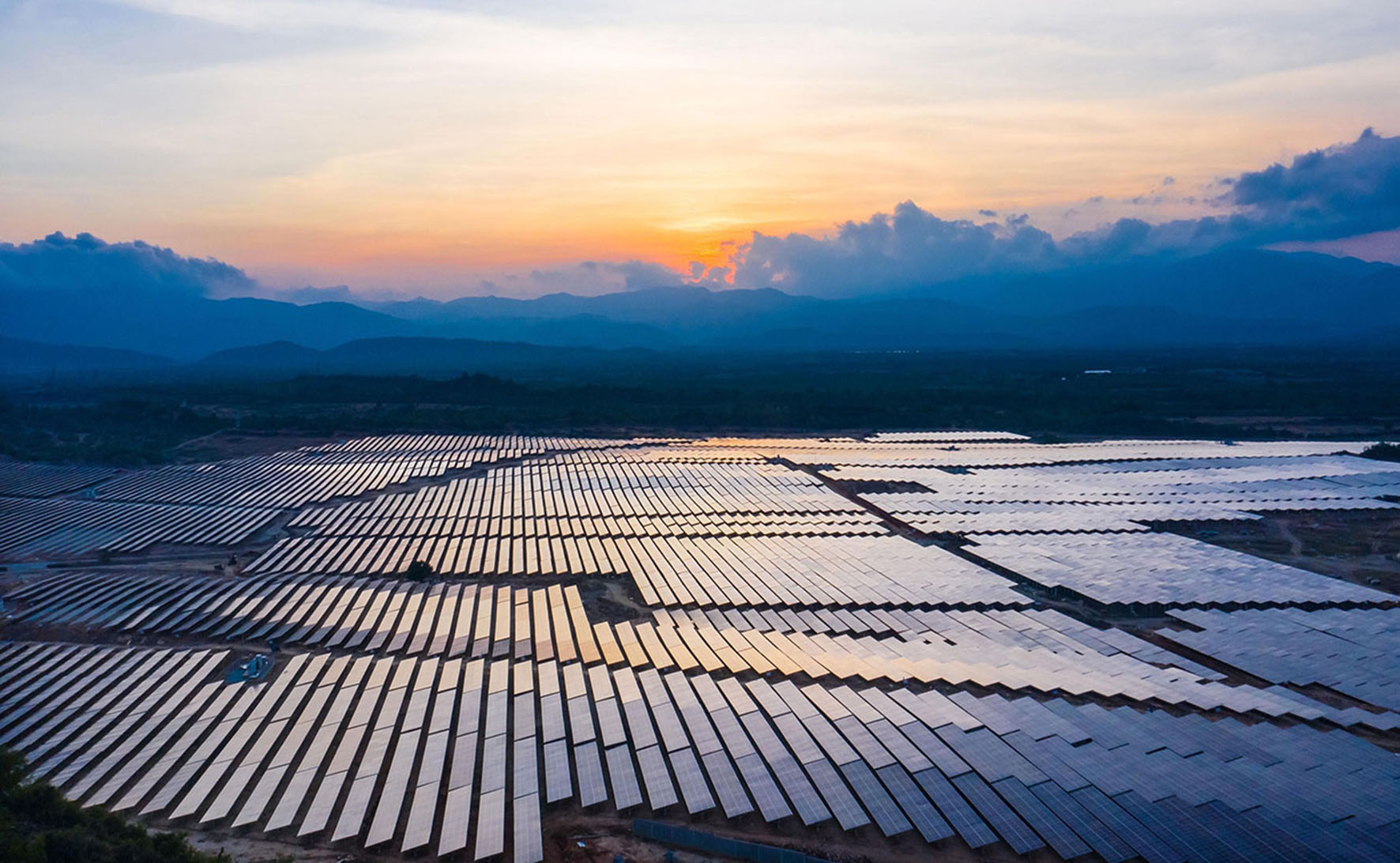ASEAN Countries Proactively Respond to Climate Change
Coping with the impacts of climate change on the development of the community, ASEAN countries have established frameworks and action plans to combat climate change. Currently, the 10 Southeast Asian countries are parties to the United Nations Framework Convention on Climate Change (UNFCCC) and the Paris Agreement on Climate Change.
Southeast Asia is a key region of climate action. The region's emission rate accounts for about 3% of global emissions, but could reach 5% by 2030. Despite its small carbon emission rate, the region is considered one of the most vulnerable to climate change.
During the past two decades, Myanmar, the Philippines, Vietnam and Thailand have been the worst-affected countries in the world in terms of deaths from climate disasters. Some areas, especially urban areas along the coasts, have suffered sea level increases.
The Asian Development Bank (ADB) has listed 19 Southeast Asian cities out of 25 in the world affected by sea levels rising, including seven in the Philippines. Researches show the impact of climate change on the region's economy as being huge. ADB predicts that Southeast Asia will lose 11% of its GDP by 2100.
ASEAN is getting more proactive in building intrabloc climate change prevention initiatives such as the transition to renewable energy, agriculture and food security, forest protection and land use, management of disaster risk and biodiversity conservation.
The bloc figured out a clearer goal in their most recent document. The ASEAN Action Plan on Energy Cooperation (APAEC) 2016-2025 has set a target to achieve 23% renewable energy in its total primary energy supply by 2021. ASEAN has also committed to reducing 30% of its energy use by 2025 based on 2005 levels.
Climate change is affecting the agricultural sector, a main economic driver of Southeast Asia.
The rice hub in the Mekong Delta is forecast to decline by 6-12% in volume and by 3-26% of crop production in 2050. In Indonesia, the Philippines,Thailand and Vietnam, climate change could reduce rice production by 50%.
“Farmers across Southeast Asia are facing increasingly serious challenges that threaten their livelihoods”, said Tan Siang Hee, Managing Director of CropLife Asia Association .
According to the Department of Agriculture in the Philippines, agricultural losses caused by typhoon Noru (local name Karding) are estimated at about 21.9 million US dollars. The storm hit 141,312ha of farmlands, impacting some 82,158 farmers and fisherfolk. The Philippines’ government reported that rice accounted for nearly 90% of the 72,231tons in volume losses. The Philippine Atmospheric Geophysical and Astronomical Services Administration said that at least eight people died and about 74,000 were sheltering in evacuation centers.
In Vietnam, responding to this storm, which is considered the strongest in the past 20 years, provinces from Quang Binh to Binh Thuan have reviewed and evacuated 868,230 people.
Some localities also organized calling, counting and guiding of more than 57,800 boats with 300,000 workers to shelter from storms. The damage caused by the storm has been minimized because leaders from the central to local levels are determined to absolutely ensure the safety of people's lives. The proactive role of the people has been promoted in flood prevention.
Recognizing that climate change is a global issue, no single country or organization can act alone. ASEAN has continuously increased cooperation with partners and international organizations over the years. Climate change response projects with partners such as the US, Japan, South Korea, China and Australia through cooperation mechanisms over the years, have brought many positive results.
Story: VNP Photos: VNA Translated by NGUYEN TUOI
